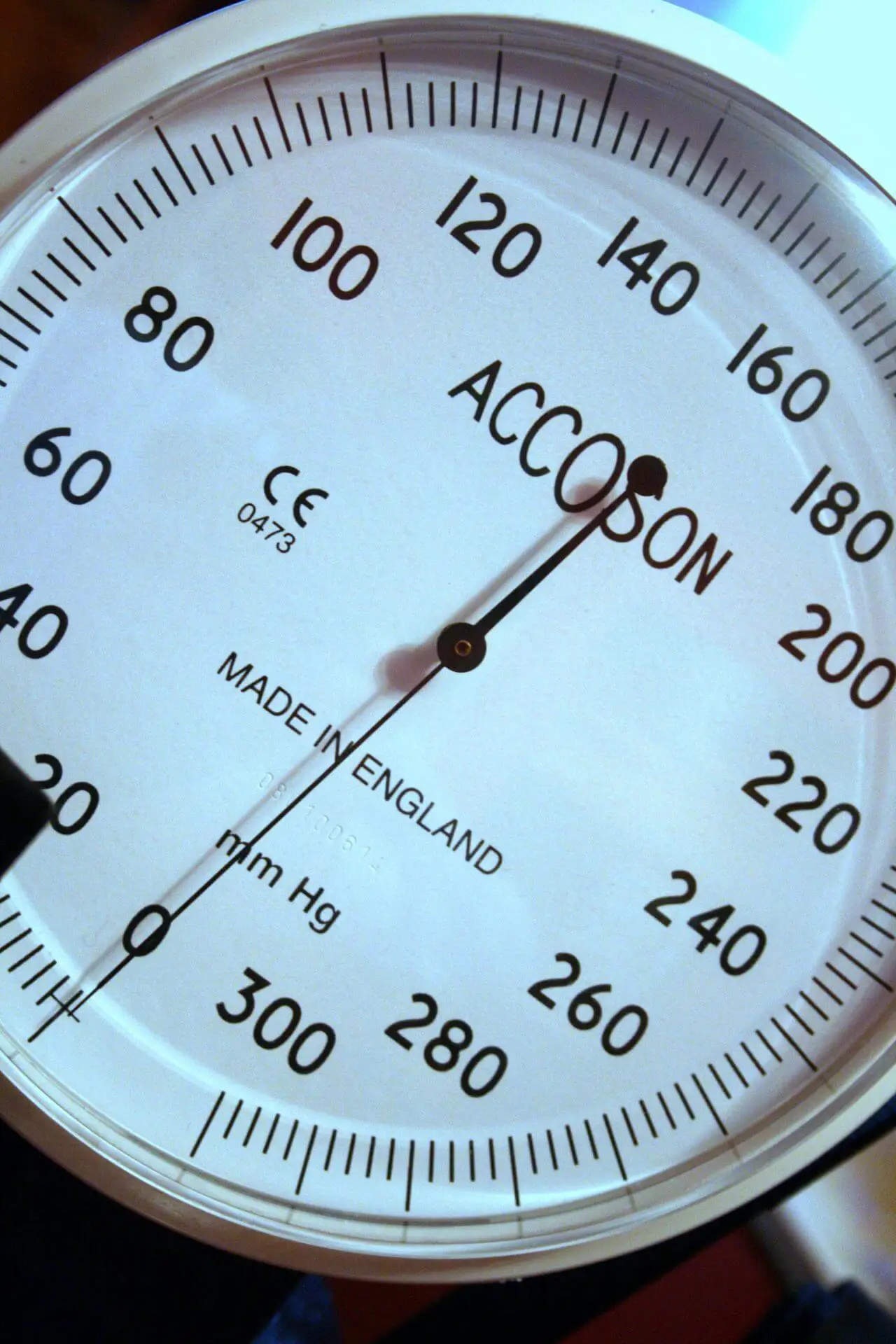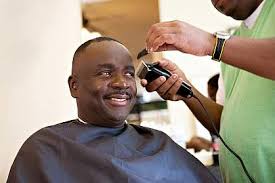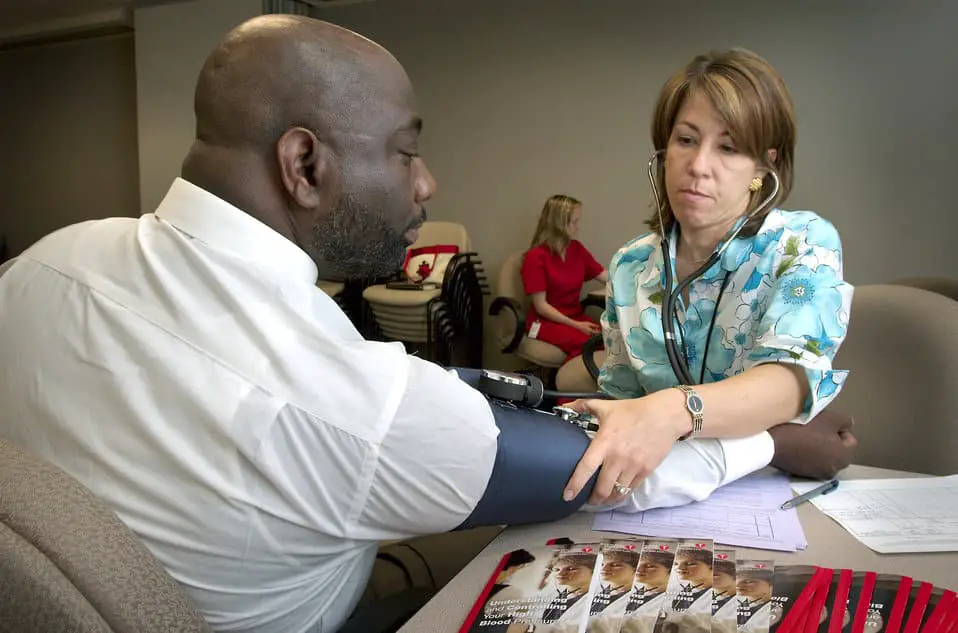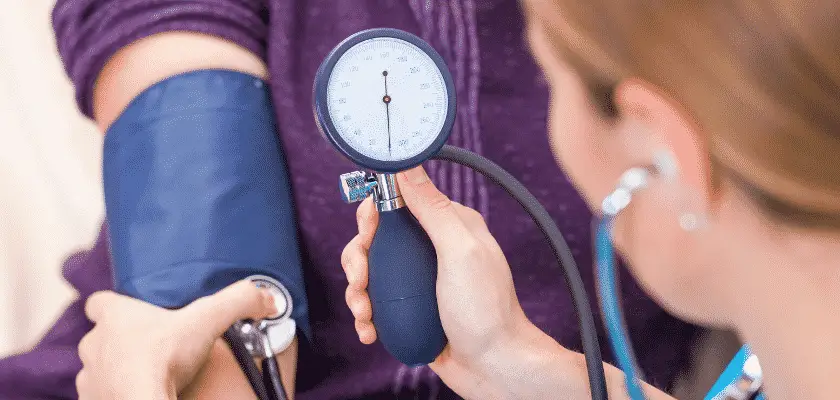More than 3 million cases of high blood pressure are diagnosed in the United States each year. High blood pressure is called the silent killer because often times when high blood pressure is diagnosed, the person already has organ damage. The accepted Blood pressure guideline is 120/80. In this article, we will discuss the cute symptoms of high blood pressure and treatments.
Generally, blood pressure will rise with age unless you embark on serious lifestyle changes. Some medical problems can predispose you to high blood pressure. These medical problems are:
- Kidney Disease
- Thyroid disease
- Sleep apnea
- Certain medications such as decongestants and steroids
In some women, birth control pills raise blood pressure. Pregnancy and hormone therapy can also increase blood pressure.
How Do You Know if Your Blood Pressure is High?
There are certain risk factors that are modifiable and some that are not modifiable. High blood pressure, symptoms, causes, and treatments can be modified depending on the lifestyle.
The factors that can not be modified are:
- Age- 65% of people over the age of 60 has high blood pressure
- Sex – Men are more likely to develop high blood pressure
- Race – African Americans has a higher rate of high blood pressure than any group
- Genetics – People with a genetic tendency of heart disease are at risk
The factors that can be modified are:
- Drinking excess alcohol
- Obesity
- Smoking
- Lack of exercise
- High salt and processed food diet
- Not getting enough potassium
- Stress
Risk factors for Children and Teens
High blood pressure has increased in children. This is an alarming trend. This trend is due to the rising rate of obesity and the lack of exercise among children. Boys are at a higher risk of high blood pressure than girls.
High Blood Pressure, Symptoms, Causes, and Treatments
For a select few, there are some symptoms that you should be aware of.
- Nosebleeds
- Headaches
- Dizziness
- Blood spots in the eyes
- Facial Flushing
Signs and Symptoms of a Hypertensive Crisis
- Aneurysms: When an abnormal bulge forms in the wall of an artery. Aneurysms develop and grow for years without causing signs or symptoms until they rupture, grow large enough to press on nearby body parts, or block blood flow. The signs and symptoms that develop depend on the location of an aneurysm. Aneurysms are found mainly in the abdomen and brain.
- Chronic Kidney Disease: When blood vessels narrow in the kidneys, possibly causing kidney failure. This is a serious complication of high blood pressure because it can lead to dialysis. Dialysis is when the kidneys can no longer filter toxins and urine.
- Cognitive Changes: Research shows that over time, higher blood pressure numbers can lead to cognitive changes. Signs and symptoms include memory loss, difficulty finding words, and losing focus during conversations.
- Eye Damage: When blood vessels in the eyes burst or bleed. Signs and symptoms include vision changes or blindness. Retinal hemorrhage can also result from high blood pressure.
- Heart Attack: When the flow of oxygen-rich blood to a section of heart muscle suddenly becomes blocked and the heart doesn’t get oxygen. The most common warning symptoms of a heart attack are chest pain or discomfort, upper body discomfort, and shortness of breath.
- Heart Failure: When the heart can’t pump enough blood to meet the body’s needs. Common signs and symptoms of heart failure include shortness of breath or trouble breathing; feeling tired; and swelling in the ankles, feet, legs, abdomen, and veins in the neck.
- Peripheral Artery Disease: A disease in which plaque builds up in leg arteries and affects blood flow in the legs. When people have symptoms, the most common symptoms are pain, cramping, numbness, aching, or heaviness in the legs, feet, and buttocks after walking or climbing stairs.
- Stroke: When the flow of oxygen-rich blood to a portion of the brain is blocked. The symptoms of a stroke include sudden onset of weakness; paralysis or numbness of the face, arms, or legs; trouble speaking or understanding speech; and trouble seeing.
We have all heard that high blood pressure is a silent killer. High blood pressure is a silent killer. In the emergency room, we see strokes, kidney failure, and heart attacks all stemming from high blood pressure. This article will detail the early signs of this silent killer.
John Singleton died of a massive stroke on April 29, 2019. John was taken off of life support after his stroke. He was the first African American filmmaker to be nominated for an Oscar award.
According to his family, John battled high blood pressure for many years. Most likely the high blood pressure was uncontrolled. African American men have the highest rates of high blood pressure in America.
High blood symptoms in men are a little bit different than high blood pressure symptoms in women are. For example, oftentimes men have a problem with erectile dysfunction when they have high blood pressure.
Statistics of High Blood Pressure
According to the Centers for Disease Control, more than 360,000 American deaths in 2013 included high blood pressure as a primary or contributing cause.2 That is almost 1,000 deaths each day. High blood pressure increases your risk for dangerous health conditions:
- First heart attack: About 7 of every 10 people having their first heart attack have high blood pressure.2
- First stroke: About 8 of every 10 people having their first stroke have high blood pressure.2
- Chronic (long-lasting) heart failure: About 7 of every 10 people with chronic heart failure have high blood pressure.
7 Early Warning Signs of High Blood Pressure
Dizziness
There are many reasons for a person to have dizziness. Dizziness can result from:
- Ear problems
- Medications and
- reduced blood flow
The reason that a person who has high blood pressure gets dizzy is that the brain does not get enough blood.
Severe Headache
High blood pressure causes headaches because the pressure in the arteries are very high. There are arteries that go through the brain.
When the pressure in the brain arteries are very high, it can cause a headache. These headaches are usually located in the front of the head. Often times when we see patients in the emergency room, they described these headaches as of a “throbbing” nature. Some people say they can see their temples throbbing.
We know that high blood pressure is a silent killer. This is why high blood pressure is able to cause so much damage. Therefore, if you have a headache you are one of the “lucky” few.
The effects of high blood pressure are devastating to all the organs in the body. In the emergency room, I have often seen providers give magnesium for headaches. In fact, magnesium has been used to help migraines.
Vision Problems
Often times, people will assume that their vision is getting worse because of old age or they are on the computer for an extended amount of time. If your vision is starting to get worse, it is best to go see an eye doctor because they are several disorders that can cause your vision to get worse.
Signs of high blood pressure vision problems are blurry vision and red spots in your eyes.
Higher blood pressure symptoms cause the vessels in the eye to burst. This is what causes the redness to the eyes. These are all early high blood pressure symptoms.
–
When you have chest pain, you know it can be serious. There are many causes of chest pain. Therefore, whenever you have chest pain, the best thing to do is to go to the nearest emergency room. Chest pain occurs because the high blood pressure causes the arteries to contract because of the amount of force.
Sometimes when patients stop taking their high blood pressure medications, the body will go through a “withdrawal” from the drug, and the person will experience chest pain.
One drug that causes rebound high blood pressure is clonidine. I have witnessed this drug to make patients’ blood pressure go as high as 250/120. Immediately stopping this drug is dangerous and it can cause chest pain.
Kidney Problems
Although this is not often an early warning sign, I wanted to mention the devastating effects that high blood pressure has on the kidneys. Kidney disease affects almost 5 million
New Guidelines for High Blood Pressure
High blood pressure should be treated earlier with lifestyle changes and in some patients with medication – at 130/80 mm Hg rather than 140/90 – based on new ACC and American Heart Association (AHA) guidelines for the detection, prevention, management and treatment of high blood pressure.
Blood pressure categories in the new guideline are:
- Normal: Less than 120/80 mm Hg;
- Elevated: Systolic between 120-129 and diastolic less than 80;
- Stage 1: Systolic between 130-139 or diastolic between 80-89;
- Stage 2: Systolic at least 140 or diastolic at least 90 mm Hg;
- Hypertensive crisis: Systolic over 180 and/or diastolic over 120, with patients needing prompt changes in medication if there are no other indications of problems, or immediate hospitalization if there are signs of organ damage.
Conclusions
High blood pressure is indeed a silent killer. However, high blood pressure in most cases can be prevented.
Lifestyle changes are very important if you have high blood pressure.





